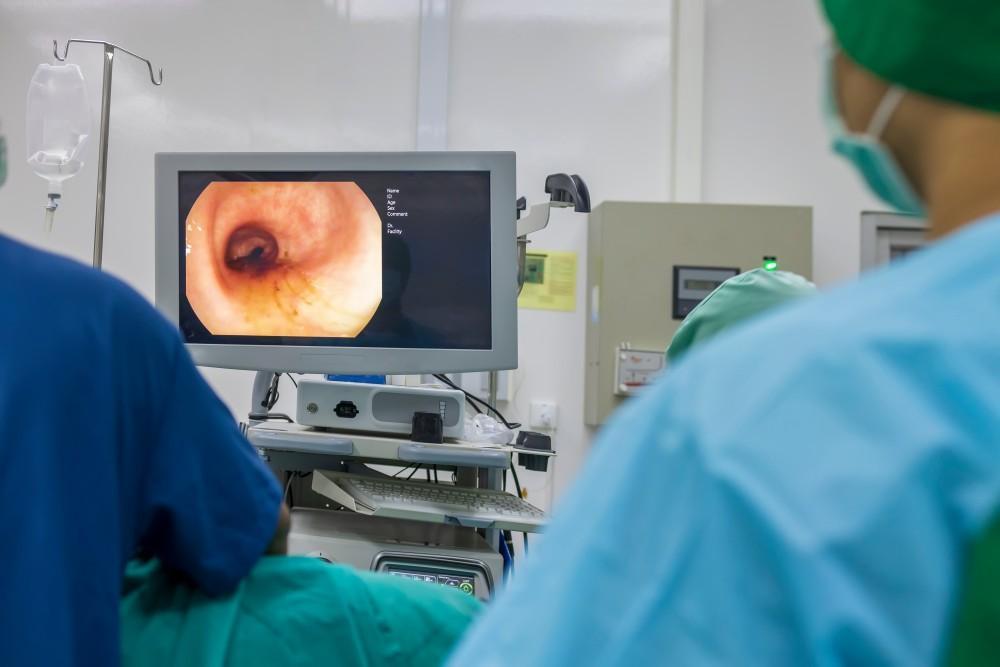
Pain When Using the Bathroom: When to Worry

Everyone Poops, as the classic children’s book by Taro Gomi proclaims. But, it should be added, everyone — if they’re healthy — poops regularly, free from pain and discomfort.
If you don’t fit into that latter category, you may wonder why. Are difficulties pooping a normal sign of aging, or simply an abnormal sign?
At Colon and Rectal Surgeons of Greater Hartford, our colorectal experts and surgeons encourage you to take your bowel movements seriously. Changes in defecation, including the presence of pain, could be a sign of a number of conditions, including:
- Inflammatory bowel disease (IBD)
- Hemorrhoids
- Anal fissures
- Anal cancer
- Colorectal cancer
- Diverticulitis
- Abscesses
- Pelvic floor dysfunction
- Rectal prolapse
- Trauma
- Infections
- Endometriosis (people born with uteruses only)
Does it hurt to use the bathroom? Consult this guide to determine if it’s time to consult one of our experts.
Have your bowel habits changed?
Healthy adults defecate anywhere from 1-3 times a day to three times a week. Holding your stool for longer than three days, however, can rob it of moisture, which makes it difficult — and painful — to pass.
If you’ve suddenly started going more frequently, or can’t go at all for days on end, it’s time to see a doctor. Although bouts of constipation and even diarrhea are common from time to time, when your regular bowels become irregular, you deserve to know why.
Or, if you’ve gotten used to being chronically constipated or suffering through loose or watery stools, book an appointment.
Do you see blood or other discharge?
You may have a small amount of blood in your stool if you injured your anus or rectum. You may also mistake the color that comes from beets or other red foods or drinks for blood.
But if you have a large amount of blood in your stool or coming from your anus, it could be a sign of anything from trauma to cancer. Profuse bleeding needs immediate investigation and care.
If you just see small amounts of blood, but you see it for days on end, that requires investigation, too. So does any kind of unusual discharge, including pus.
Your stool is narrow
Healthy stool can be a variety of shapes and circumferences, although a large unbroken “snake” shape is best. If, however, you notice that your stool seems much narrower than usual, you need to find out why.
Narrow stool could be caused by a tumor that blocks your anus, rectal or anal cancer, or Crohn’s disease. The earlier any disease or condition is diagnosed, the earlier you can start treatment that alleviates pain and discomfort and possibly even leads to a cure.
Your anus is itchy or has blisters
Blisters and itchiness could be a sign of an infection — including a sexually transmitted infection (STI). However, an itchy anus is also one of the symptoms of anal cancer.
Itchiness could be a sign of a skin condition, too.
You may have psoriasis or warts. Warts are highly infectious and could be transmitted to other areas of your body — or another person’s body — simply by touch.
You have cramps when you defecate
If you were born with a uterus and have menstrual periods, cramping and pain when defecating could be caused by a condition called endometriosis. The endometrium is the lining of a healthy uterus. However, in endometriosis the lining grows outside the uterus, too, causing pain and abnormal bleeding.
Cramps could also be a sign of another disease or condition. Crohn’s disease and inflammatory bowel disease, both examples of IBD, may cause cramping.
You feel “something”
If it feels like there’s something in your anus, let us investigate promptly. It could be a benign mass, it could be cancer, it could be a hemorrhoid. If you engage in anal sex play or have otherwise inserted objects into your anus at some point, the object may have lodged there.
Attempting to remove a stuck object or to probe a mass in your rectum can cause permanent damage. Be sure to call our office if you suspect that something in your anus is causing your painful defecation.
If your bowel movements are smooth and pain-free, don’t suffer for days to weeks or more. Once you notice other symptoms, or if the pain when using the bathroom persists for more than a day or two, give us a call, or schedule an appointment online today at our Bloomfield, South Windsor, or Plainville, Connecticut, clinics.
You Might Also Enjoy...


How a Colonoscopy Can Save Your Life

4 Signs You May Have Pilonidal Disease

Start the New Year Fresh with a Colonoscopy

5 Tips for Managing Your Crohn's Disease During the Holidays


